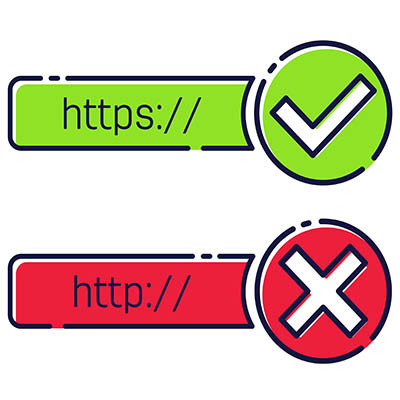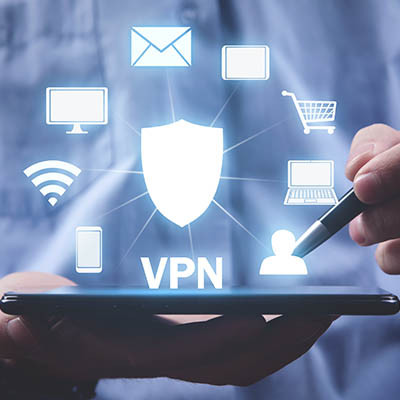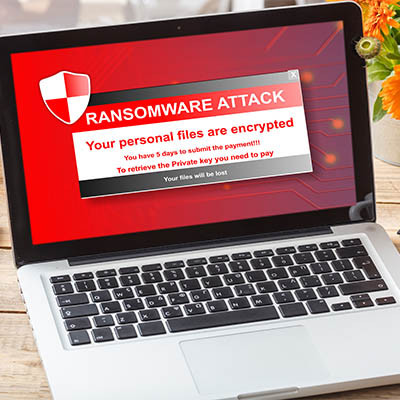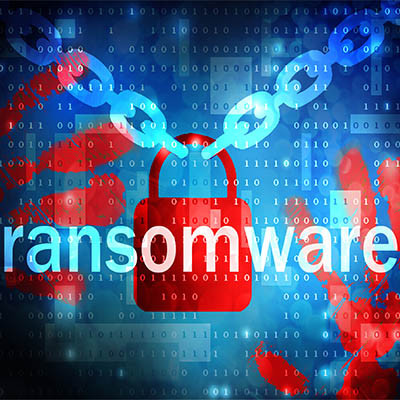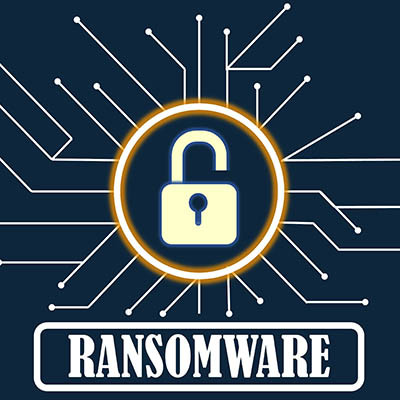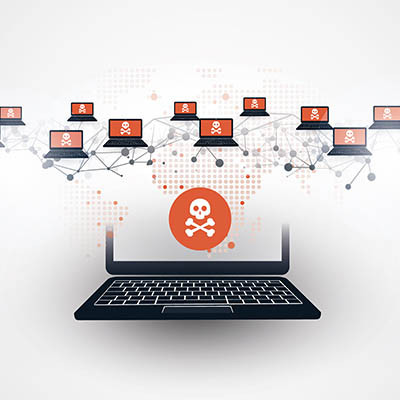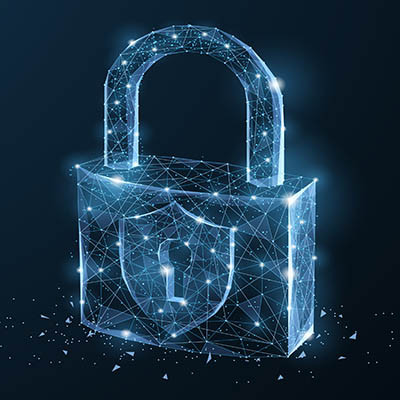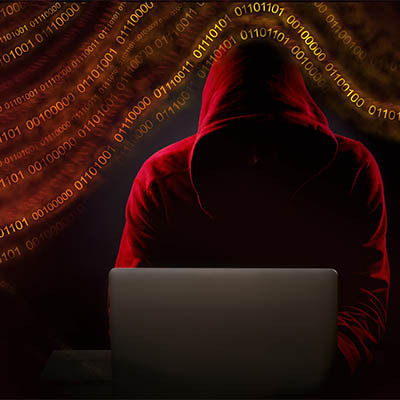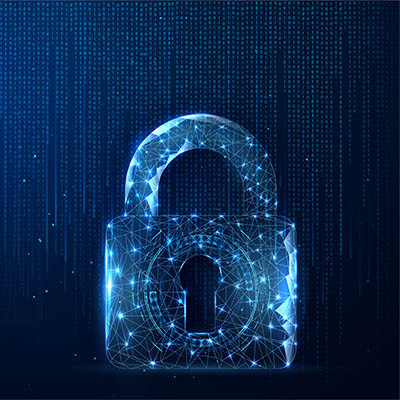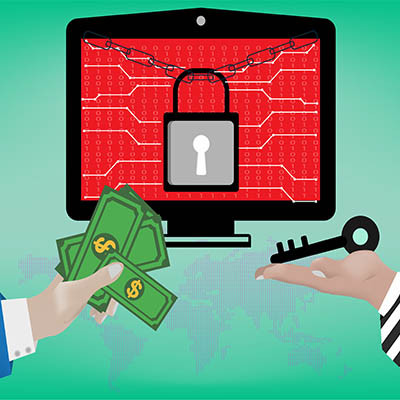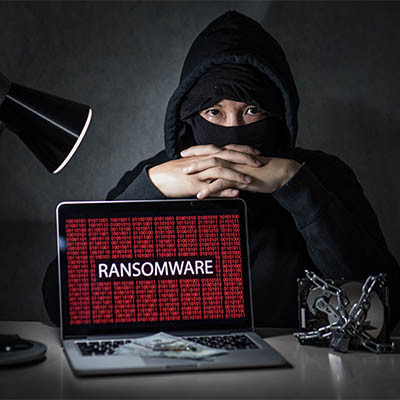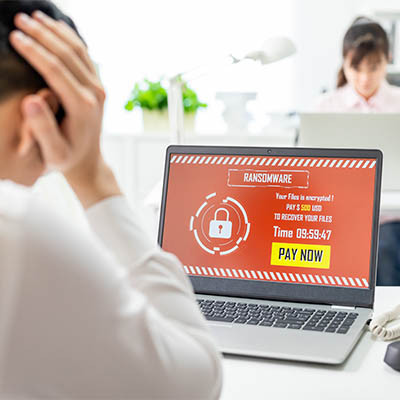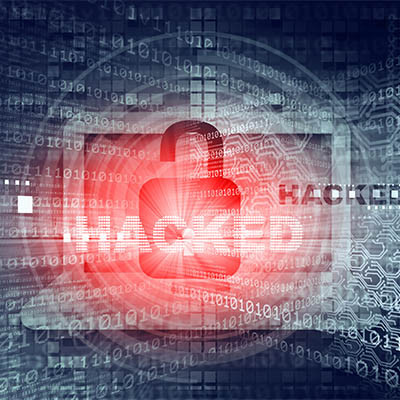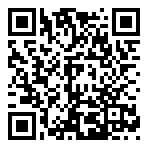We Define IT Consulting
Virtual private networking, while maybe not the most familiar term to everyone, at least seems to be pretty straightforward. Such a specific-sounding term must apply to one aspect of technology and that one aspect alone, right?
Well, kind of, sort of, not really. In actuality, there are two kinds of VPN. Let’s go over what makes them different, and which your business should utilize.
The cyberattack on SolarWinds was devastating for many reasons, and Microsoft has officially uncovered yet another type of malware used in the attack on the software provider. This time, it is a backdoor threat they have named FoggyWeb. What does this threat do and why is it so important to look at this incident even now?
Windows 11 seems to be rapidly approaching, so now is the perfect time to discuss Windows upgrades and upcoming end-of-life scenarios, including Windows 8.1, which is slated to expire in 2023. You might be wondering if you have the hardware to handle this upgrade, and that’s a valid question, but what does the end-of-life scenario for Windows 8.1 really look like for your business? Let’s take a look.
A new ransomware attack has surfaced, this time mostly targeting IT companies and their clients. The attack is specifically targeting the Kaseya platform. Kaseya is management software that many IT companies use to remotely manage and support technology. The attack in question attacked Kaseya’s supply chain through a vulnerability in its VSA software; this attack is notable because of how it targeted the supply chain, not only striking at the vendor’s clients—notably IT companies—but also their customers. Basically, this attack had a trickle-down effect that is causing widespread chaos for a massive number of businesses.
While it only makes sense to assume that a cybercriminal would focus specifically on those targets that would bring them the greatest profit—in other words, larger businesses—the reality of modern cybercrime renders this assumption grossly outdated. Let’s examine how different developments in ransomware have made it possible for cybercriminals to be far less discerning in who they target.
Another ransomware threat is out and about, this time targeting unpatched and end-of-life products in SonicWall’s Secure Mobile Access (SMA) 100 series and Secure Remote Access (SRA) products. To make things worse, the threat is currently being used, so businesses utilizing these devices must take action now to limit how much damage this ransomware can do.
Ransomware is such a massive threat that all businesses should be aware of the latest news and findings regarding how it spreads and how it can be prevented. According to a recent report, the latest modes of transporting ransomware have been revealed. What can your organization do to keep ransomware off of its network? Let’s find out.
Security can be tough for small businesses to optimize, but that does not make it any less important. One such way that security can work against you is actually your employees’ predispositions toward it; the cognitive biases that your employees have regarding security can put your company at risk, even if that is the last thing on their minds.
Cybersecurity is one of those components to an IT strategy that is absolutely critical; you cannot ignore it in today’s age of ransomware and other high-profile hacks. In order to make sure that you are prepared to handle anything that comes your way, you must periodically test your security practices and assess how well your team can prepare for attacks. The question remains as to how often you should do this.
Nothing is more frustrating than going to log into your device and finding out that you either cannot access it or that files you thought were there have been wiped. Unfortunately, this is the situation that many users of a specific device have recently gone through. Thanks to an unpatched vulnerability, users of Western Digital’s My Book network-attached storage device are suffering from lost files and lost account access stemming from remote access.
It doesn’t matter if you are a small locally-owned business or a larger-scale enterprise. Network security is equally important, as all businesses by default collect valuable information for hackers. It makes sense to protect your valuable assets, and your data is one of them. A recent threat called Agent Tesla is just another example of phishing malware designed to steal data from businesses just like yours.
It seems that the last few months have been filled with major cyberattacks, particularly those taking advantage of major businesses that might not initially be considered targets for these kinds of acts. For instance, McDonald’s Restaurants was recently breached. Let’s examine the situation, and how it plays into the recent trends we’ve witnessed.
According to a survey conducted by Splunk and Enterprise Strategy Group, more business leaders intend to funnel funding into their cybersecurity—88 percent of respondents reporting a planned increase into their investments, 35 percent reporting that these boosts will be substantial. Let’s examine a few of the insights that this survey has revealed.
Ransomware has rapidly progressed from an irritating annoyance to a legitimate global threat, with the U.S. Justice Department officially going on the record and establishing that future ransomware investigations will be handled the same way that terrorism cases are now. Let’s review the reasons behind this policy change and how your business should respond.
Last weekend saw a significant cyberattack waged against the world’s largest meat processor and distributor, JBS S.A., that completely suspended the company’s operations in both North America and Australia… and as a result, has impacted the supply chains associated with the company. Let’s examine the situation to see what lessons we can take away from all this.
HIPAA—the Health Insurance Portability and Accountability Act—is a serious concern for all healthcare providers that operate within the United States, and for good reason! Since August 1996, HIPAA has mandated that these healthcare providers comply with various best practices. While HIPAA is relatively familiar to many people for assorted reasons, fewer know about HITRUST (the Health Information Trust Alliance) and how these acronyms ultimately cooperate with one another.
Headlines have been filled with news pertaining to the recent hack of Colonial Pipeline, which has created significant gasoline shortages up the east coast of the nation. While the pipeline has been restored, the way this was accomplished sets a dangerous precedent. On top of this, the attack seems to have set off bigger infrastructural changes in the political space.
Did you know that maps as we know them are remarkably skewed? Due to some centuries-old superiority complexes and prejudices, the maps we’ve all been raised looking at have never been completely accurate. However, this problem could soon be an element of cybercrime thanks to a developing technology that many have yet to take seriously, deepfake images, and how they could revolutionize cyberattacks moving forward.
Few things are scarier for a modern business to consider than the idea that they will be hacked, regardless of that business’ size or industry. After all, hacking can, will, and does cause significant damage across basically all aspects of your organization. This is precisely why it is so important that—should a business be hacked—the proper steps are taken in response.
